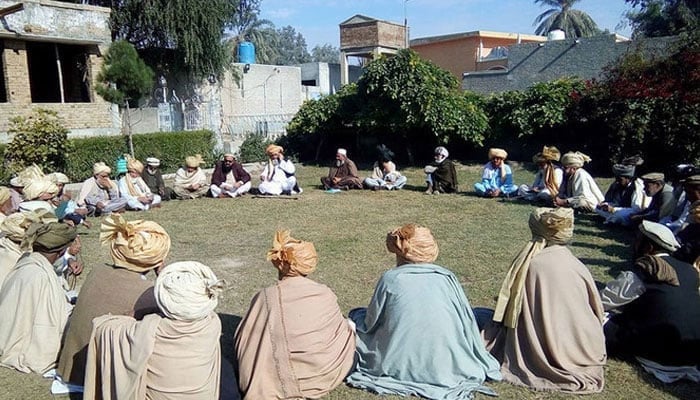The latest round of negotiations between Tehrik-e-Taliban Pakistan (TTP) and a Bajaur-based peace jirga failed to produce any agreement, with the militant group rejecting demands to leave the region. Sources confirm that while multiple issues were discussed, the Taliban held firm on their conditions, including restrictions on security forces’ movements. They insisted that troops avoid armed convoys and coordinate logistics through mediators, further complicating peace efforts.
TTP Demands Remain Unchanged, Raising Doubts Over Peace Process
The Taliban reiterated that they will not relocate from populated areas and warned against military operations. Despite the deadlock, Maulana Tariq, a member of the negotiating team, claimed the talks were held in a “pleasant atmosphere” and noted slight flexibility in the militants’ demeanor. However, with no concessions from the TTP, the jirga will now consult stakeholders before deciding on future dialogue. Meanwhile, armed TTP factions—including Afghan fighters refusing repatriation—continue to operate in Mamond, spreading fear among locals.
Security Forces Exercise Restraint Amid Fragile Negotiations
While limited counter-terrorism operations persist, authorities are avoiding a full-scale military offensive to keep diplomatic channels open. Barrister Muhammad Ali Saif, KP’s Information Adviser, stated that the government is allowing tribal elders time for negotiations, with plans to form a grand jirga involving representatives from multiple districts. This larger council aims to draft a unified peace proposal for discussions with the federal government.
Stalemate Continues as Hope for Breakthrough Fades
Despite backing from security agencies and local administration, the Taliban’s inflexible demands cast doubt on the peace process. Analysts warn that without compromise, escalating tensions could lead to renewed conflict.


